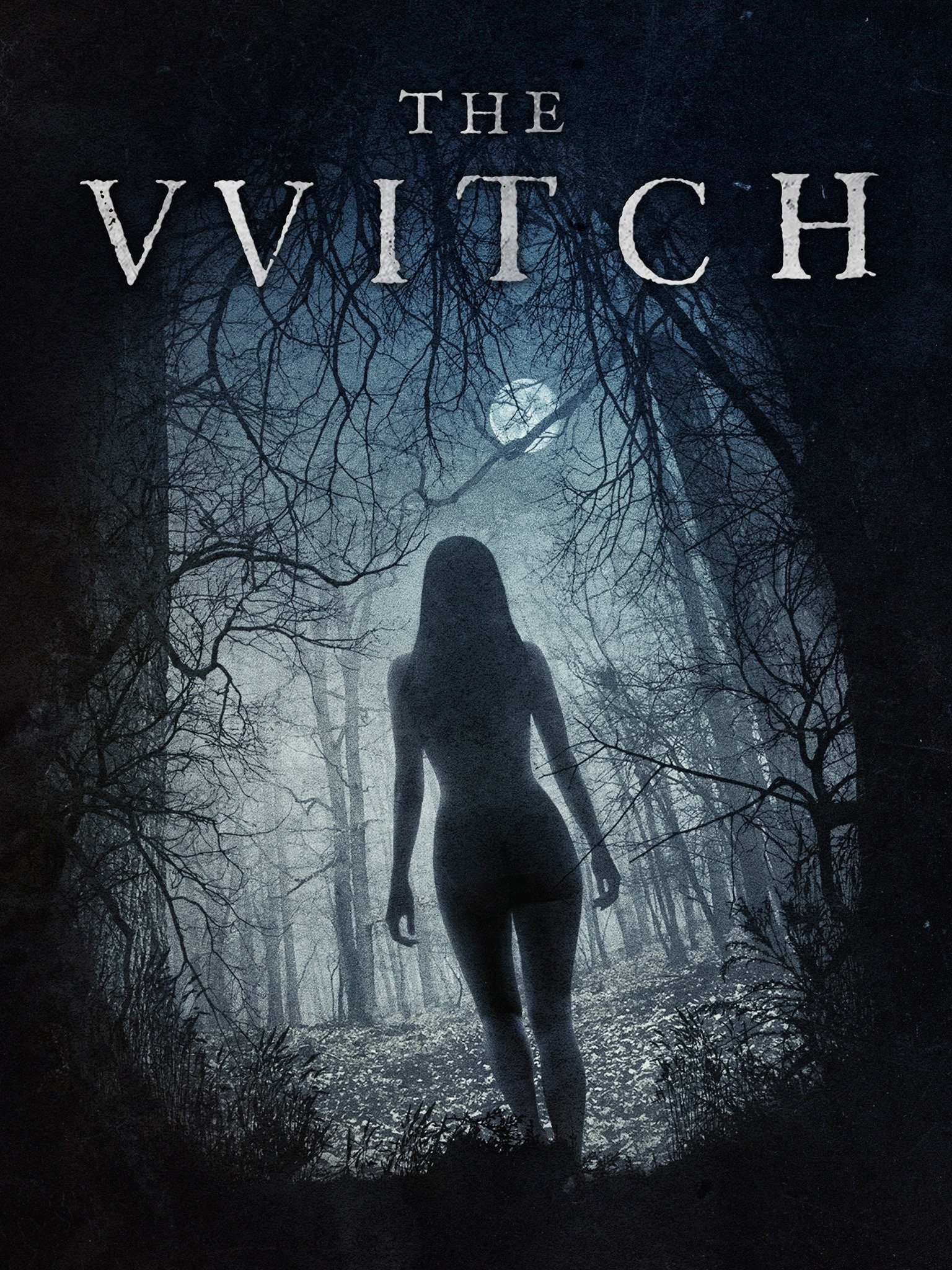
This is a consistently disturbing and terrifying film, one that explores myth, religion, and the dread of isolation in the cruel and unforgiving setting of pre-colonial America. Writer-director Robert Eggers is a master of the creepy visual as he tracks a Puritan family, cast out from their community and into the wilderness on the strength of religious conviction. It is there, alone, that the bonds of their faith and family and the limits of their sanity are tested by the supernatural.
This film has a lot in common with The Babadook, invoking both curse, madness and the susceptibility of children, and like that film, there are moments of absolute horror that do not rely on a drop of shed blood. If there is a weakness (and it is by no means universal, just one of personal taste), it is the simplicity of the threat. In The Witch, the threat is omnipotent and unexplained. It has no backstory, no articulated lore, and no vulnerability. As such, as assured as it presents, there is a decided lack of drama. We quickly learn these folks don’t stand a chance, and while their fate and story is loads more interesting than standard meat grinder fare, I just don’t have much of an interest when the deck is so stacked, no matter how skilled the effort. Nonetheless, this movie has one of the spookiest feels of any I’ve seen.



